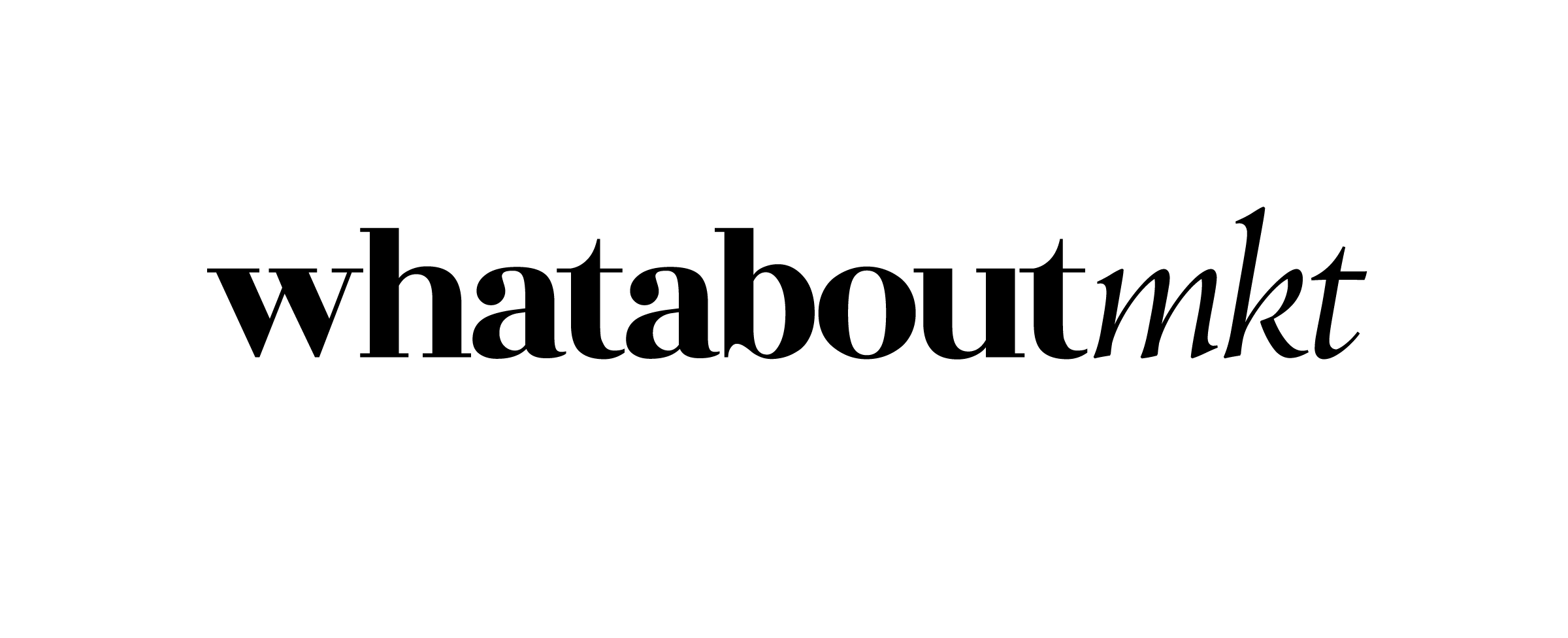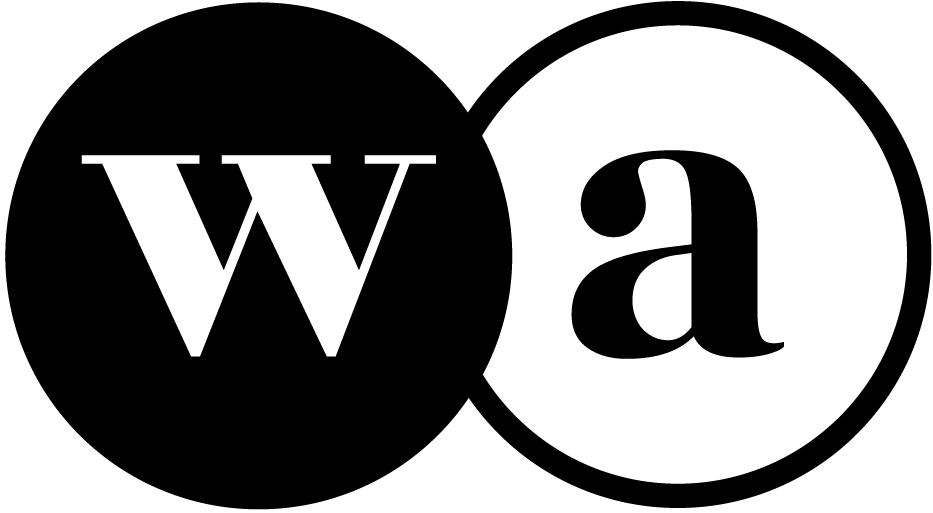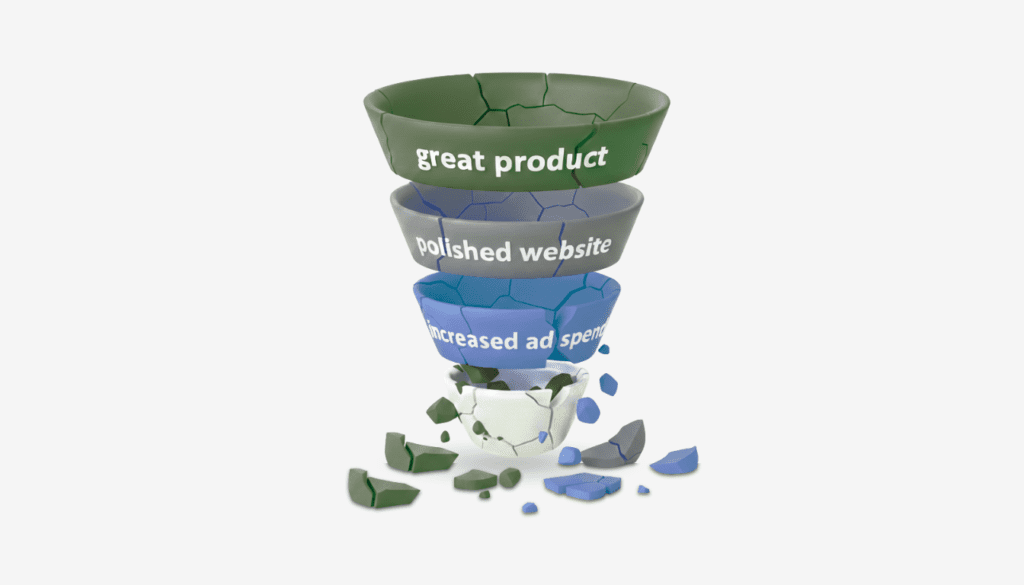In a bold move that could reshape the digital advertising landscape in Europe, the European Commission announced in May 2025 that TikTok may breach key provisions of the Digital Services Act (DSA), the EU’s sweeping regulatory framework to increase platform accountability. The allegations target the platform’s ad transparency measures, or lack thereof, and signal the EU’s growing resolve to hold tech giants to strict standards on data integrity, user protection, and democratic accountability.
Where Transparency Breaks Down
According to the Commission, TikTok has failed to adequately disclose who funds the ads running on its platform, which users are being targeted, and the content specifics of those advertisements. These requirements are not optional: under the DSA, large online platforms must maintain a publicly accessible advertisement repository that allows regulators, researchers, and the general public to track the origins and targeting of digital campaigns.
As of their May 2025 announcement, EU regulators noted that TikTok’s ad repository remains insufficient for public scrutiny. Henna Virkkunen, the Commission’s lead technology enforcer, emphasized that this limitation “prevents the full inspection of the risks brought about by its advertising and targeting systems.” Her statement followed a months-long probe involving internal document reviews, expert interviews, and functional testing of TikTok’s compliance tools.
The Penalty on the Table
If found in violation, TikTok, owned by Beijing-based ByteDance, could face fines of up to 6% of its global annual revenue. This penalty underscores the seriousness with which the EU is treating these breaches. Based on ByteDance’s latest revenue figures, that could translate to several hundred million euros.
This is not TikTok’s first run-in with DSA regulators. In February 2024, the Commission initiated formal proceedings to investigate broader compliance issues, including the protection of minors, ad transparency, researcher data access, and risk management around potentially addictive or harmful content. By December 2024, scrutiny widened again as the EU launched a separate investigation into how the platform might undermine election integrity, raising concerns about misinformation and foreign influence.
TikTok Pushes Back
In response to the Commission’s findings, a TikTok spokesperson stated, “We are reviewing the Commission’s preliminary findings regarding our ad repository and remain committed to meeting our obligations under the DSA.” The company expressed support for the regulation’s goals but pushed back on what it described as disputed interpretations of compliance. TikTok also retains the right to examine the evidence in the case and submit a formal written rebuttal.
However, this statement does little to defuse the political momentum building around the case. Virkkunen’s comments reflect broader European anxieties about platform power and algorithmic influence, especially in a year when multiple member states head to the polls.
The Broader Stakes for Digital Platforms
Beyond TikTok, the case has become a litmus test for the Digital Services Act. Passed in 2022 and fully enforced starting in early 2024, the DSA represents the EU’s most ambitious regulatory effort to bring transparency and accountability to the digital economy. It mandates everything from clearer content moderation policies to internal risk assessments for platforms that reach over 45 million EU users, a threshold TikTok easily exceeds.
If TikTok’s defense fails, the repercussions may exceed a one-time fine. The platform could be subjected to ongoing enhanced supervision, including regular audits and enforced system updates. This would place it under a compliance microscope, unlike any it has faced before. It could serve as a precedent for similar action against other platforms that do not meet transparency benchmarks.
What This Means for Marketers and Regulators Alike
The TikTok case is a flashing warning sign for the marketing industry: the era of opaque ad targeting may be closing. Brands and agencies relying on granular, under-the-radar targeting strategies must now account for the growing demand for disclosure from regulators and a public increasingly skeptical of algorithmic influence and digital manipulation.
More importantly, it raises questions about how ad platforms disclose their internal logic, especially in systems as dynamic and personalized as TikTok’s. When a platform’s algorithm shapes what billions of users see, the obligation to explain not just the “what” but the “who” and “why” becomes more than regulatory box-checking; it becomes a question of public trust.
As investigations unfold and regulatory pressure intensifies, marketers, platforms, and policymakers will watch the same feed for the next wave of legal and ethical standards in the digital advertising ecosystem.









